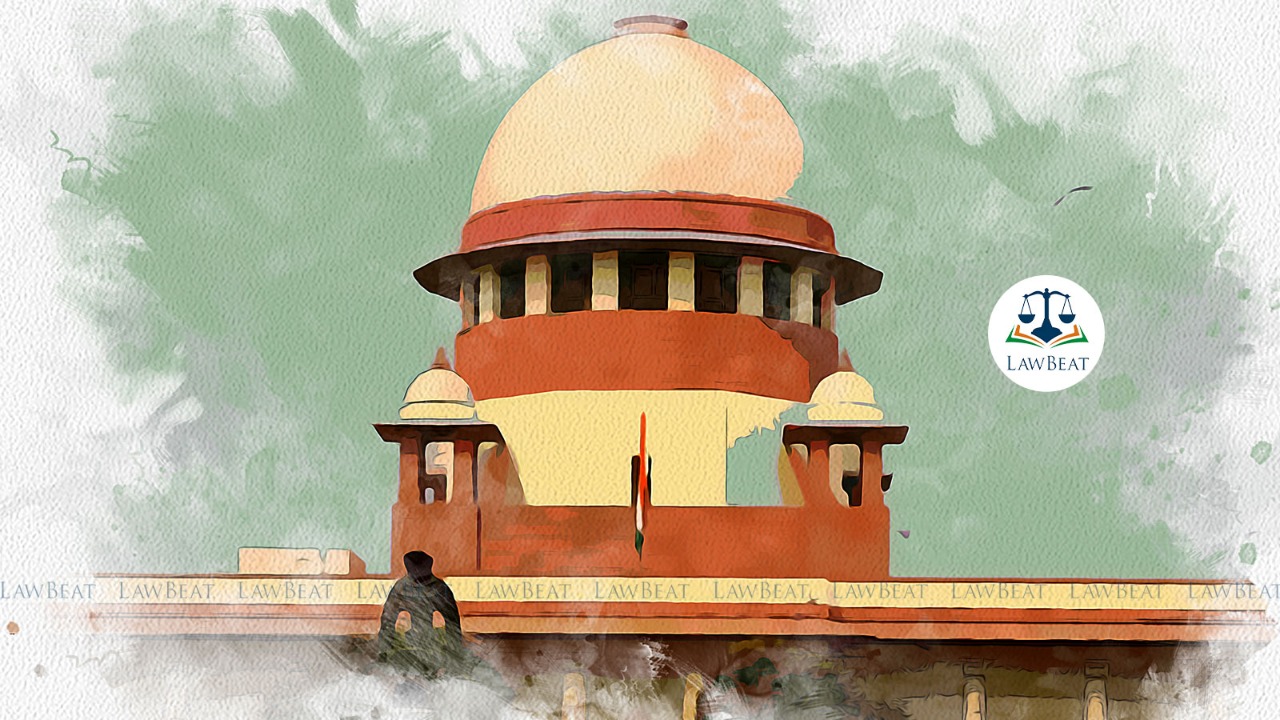Supreme Court refuses to stall 2019 Andhra PSC recruitment process in plea claiming 51 mistakes in Telugu version of recruitment exam

A Supreme Court bench of Justices Bopanna and Vikram Nath today refused to stop the 2019 recruitment process of the Andhra Public Service Commission. The bench held that since the selections have commenced in 2018, and have substantively progressed there seems no reason to stop them at this juncture.
The above order was passed in a plea filed by aspirants challenging the orders of the division bench and single judge bench of Andhra Pradesh High Court. Petitioners have urged the court to declare the action of the authorities neglecting the mistakes that occurred in Telugu translation of at least 51 questions illegal and violation of fundamental rights and consequently, to set aside the same.
The Division Bench of Andhra Pradesh High Court while dismissing the plea had considered that an opportunity was given to all the candidates to raise objections to the questions and answers. The matter was referred to subject experts, who, after considering the objections raised, gave a report.
The high court division bench had noted that based on the report, a revised key was published and as some questions were found to be incorrect, the marks in relation to those questions were deleted. As a further measure, objections were again called in relation to the revised key published and these objections were received and referred to the subject experts and thereafter a final key was released, the bench had held.
The division bench had held that in so far as the error/variation in translation from English version to Telugu language, the Supreme Court had in another matter taken a view that that English version will be considered as authentic version for evaluation purpose. It had further pointed out that the variation, if any, in translation from English to Telugu language will not be a ground to interfere with the screening test conducted. The Division Bench had also taken note of the fact that there is no material on record to show that the candidates before the court had opted for Telugu Medium as their choice for the examination.
When the matter reached Supreme Court, it was argued before the court that if an examinee is looking at the Telugu version of the question paper, he is not expected to compare each question with an English version and then determine whether there is a mistake or not. It was also pointed out that since the examination system requires utmost secrecy, services of professors are engaged to make the question paper in English while the question paper translated is directly sent to the printing and no other check on the quality of translation is enforced.
The court, in July 2021, observed that “prima facie there was a lot to be said on the submission made by learned senior counsel more so as English is not the mother tongue and that is the reason why in the regional languages the question paper is printed.”
The court also took note of the fact that the accountability for the correct question paper in both or more languages has to be present as otherwise there is no purpose in having the examination in a regional language if only the English version is to be seen.
The matter came up today for hearing since the candidates had filed an application seeking interim orders in the matter. D S Naidu, Sr. Advocate, appeared for the petitioners and sought interim orders for the petitioners.
Court, on hearing his submission, passed the above-mentioned order. The court has further directed that the selection process may continue but shall remain subject to the result of the proceedings in the instant plea so far as the aspirants before the court are concerned.
The court has further directed the APSC to inform the last three selected candidates that their appointment(s) would remain subject to the outcome of this case.
Case title: Sheik Sanwaj & Ors Vs APSC
